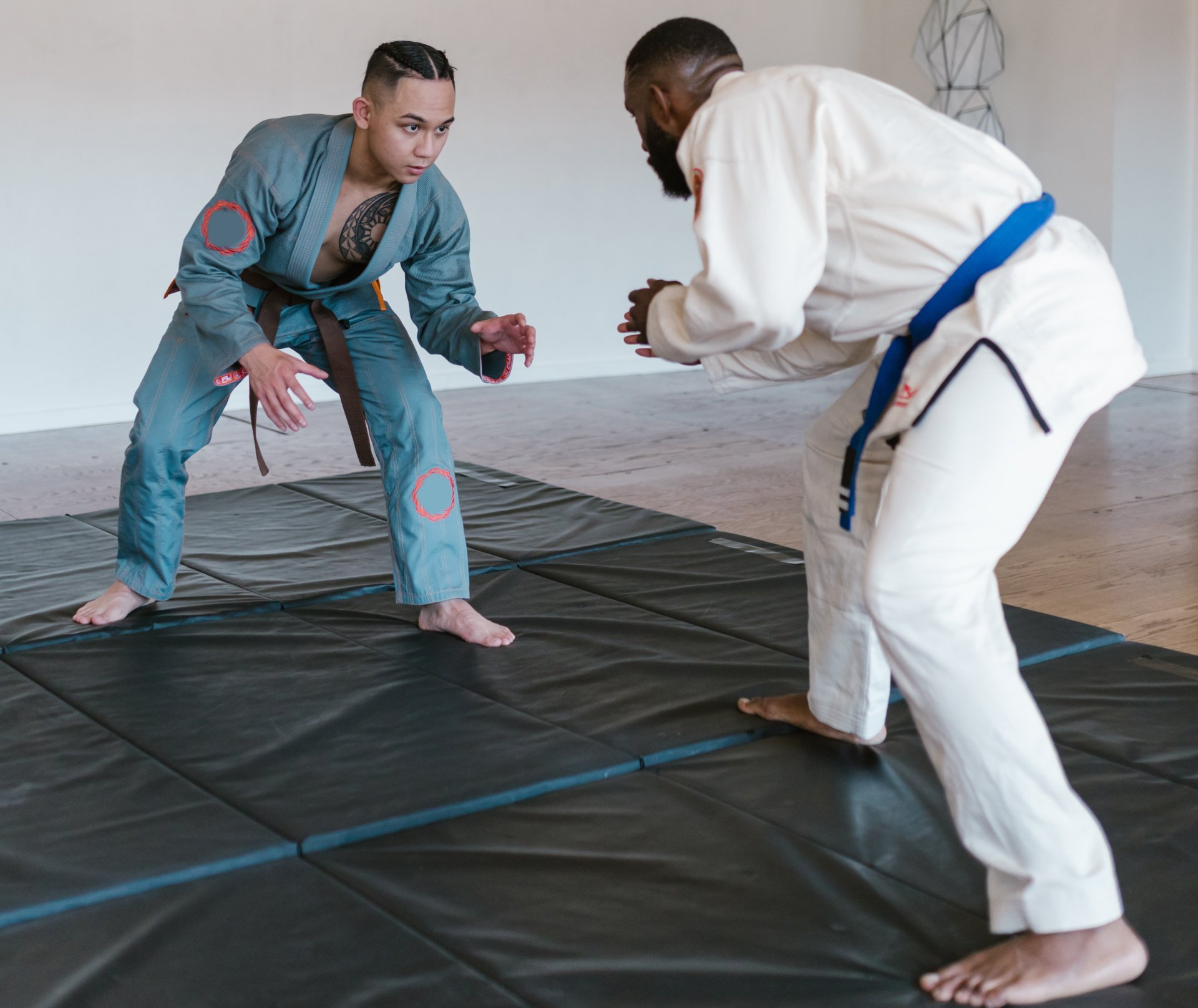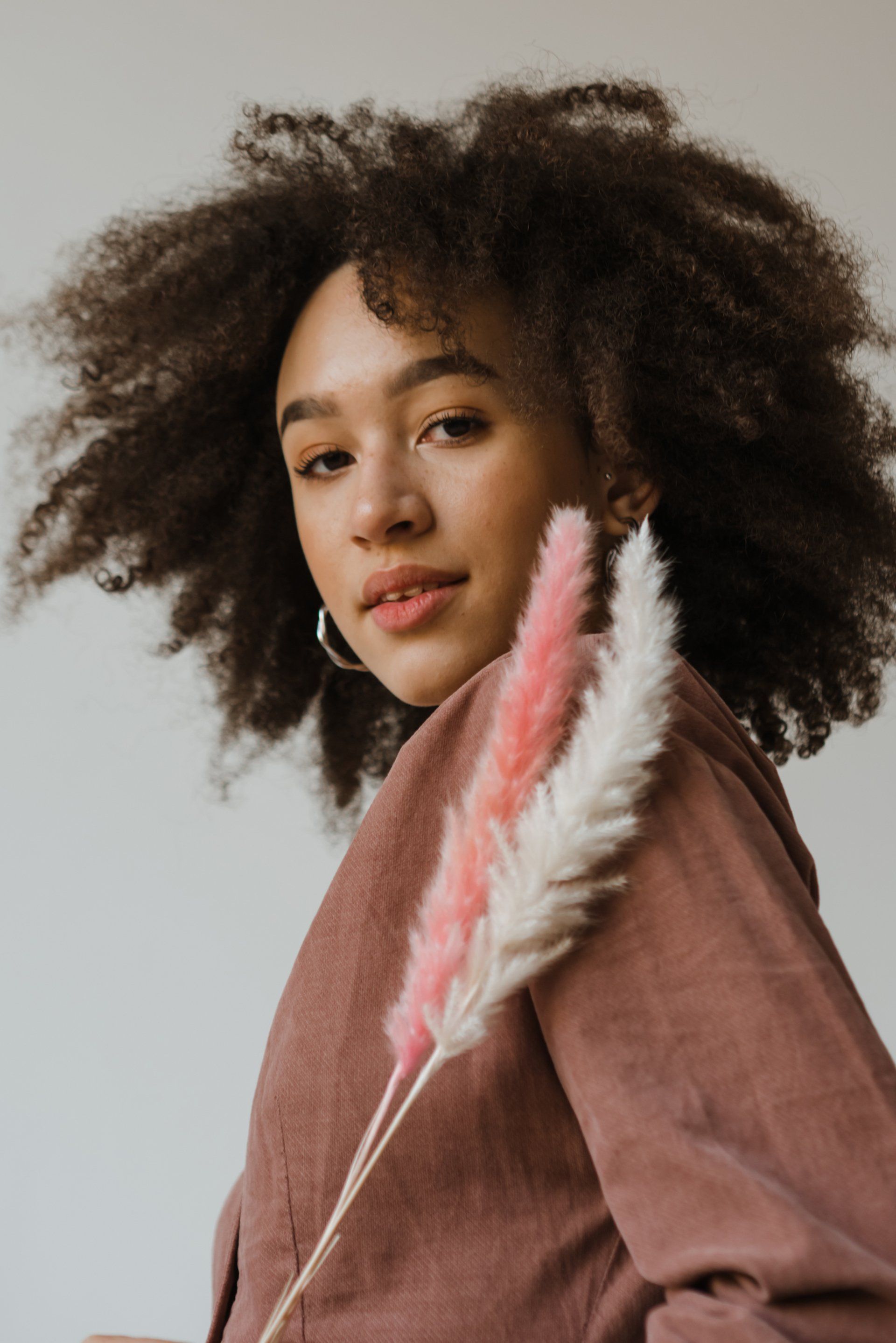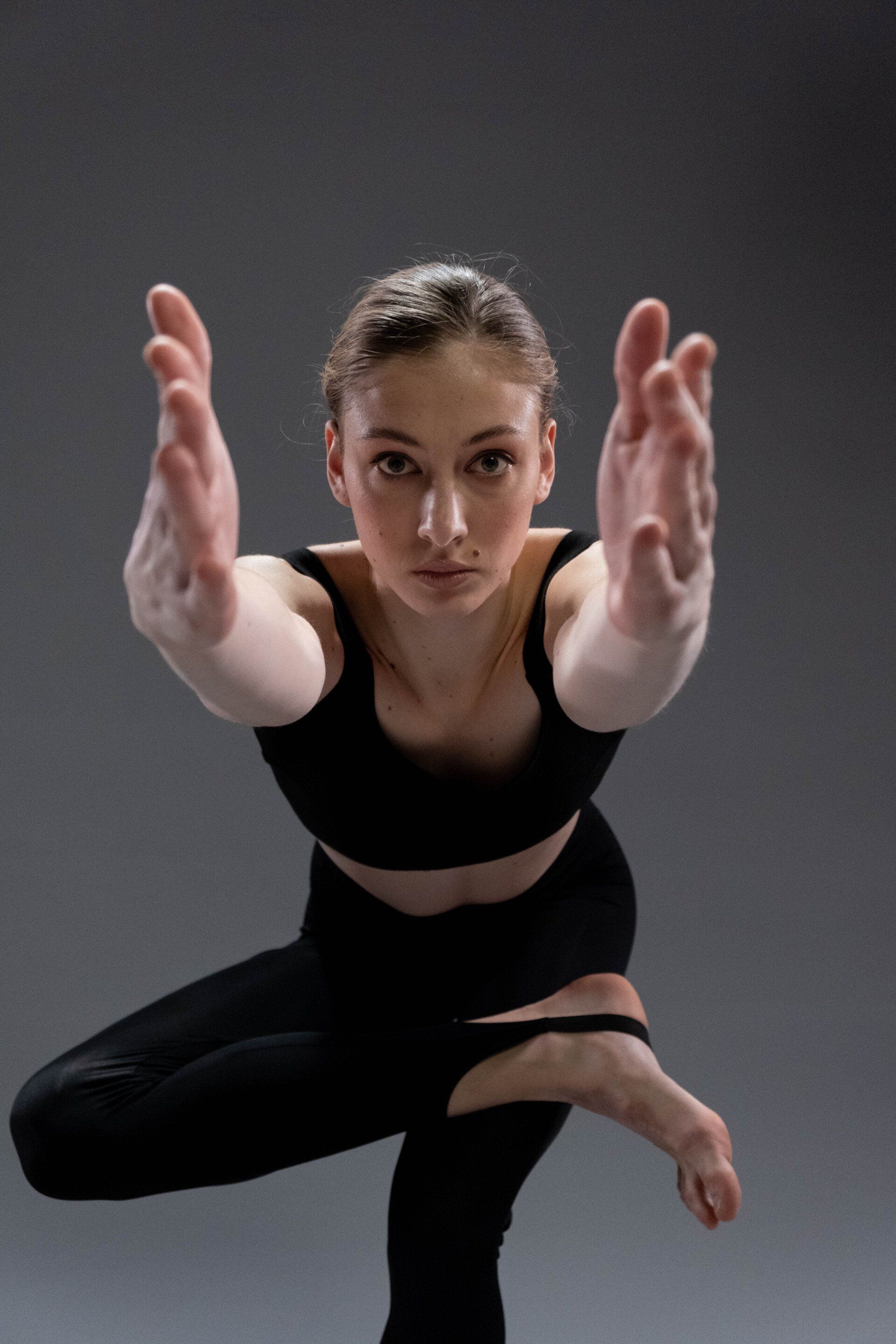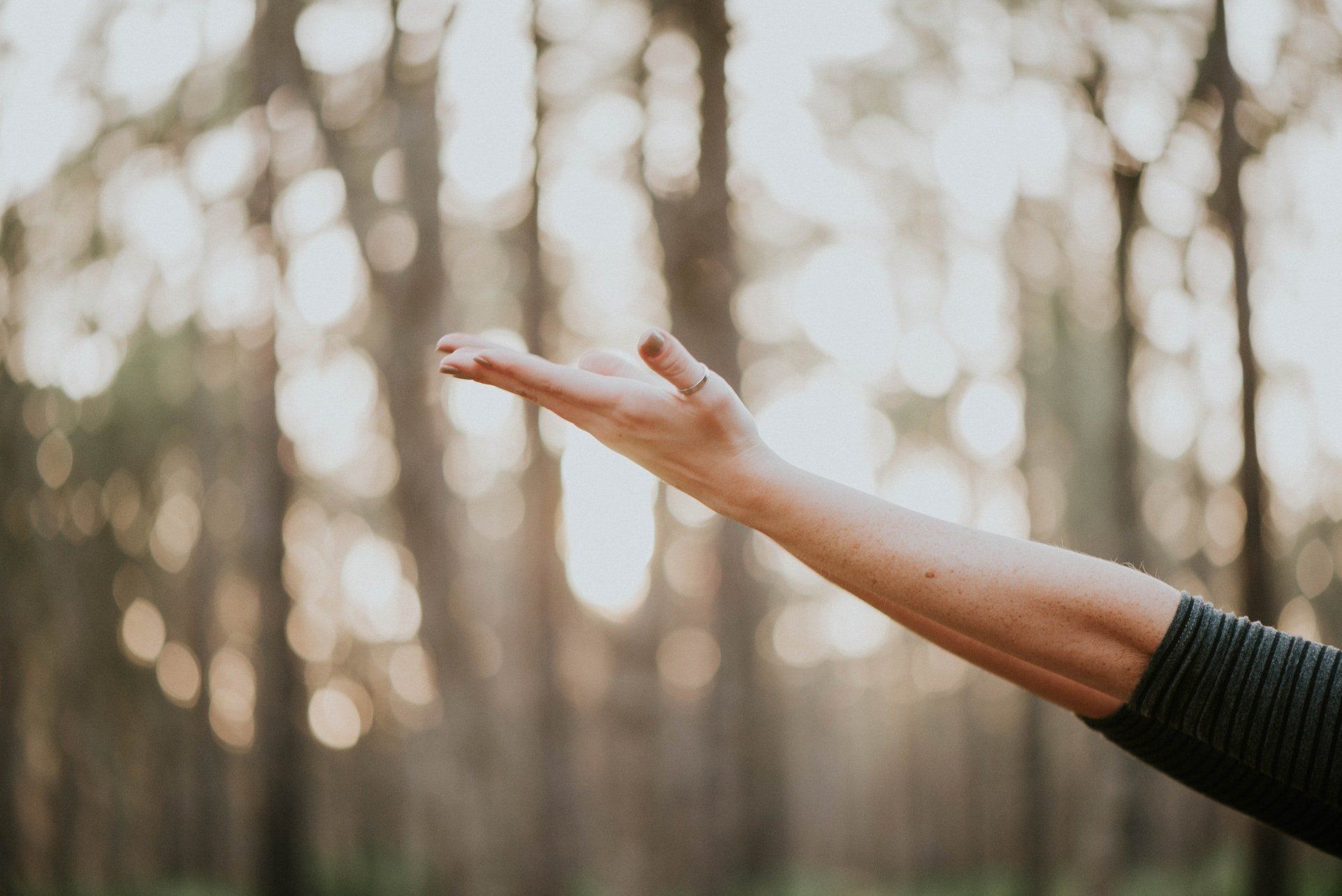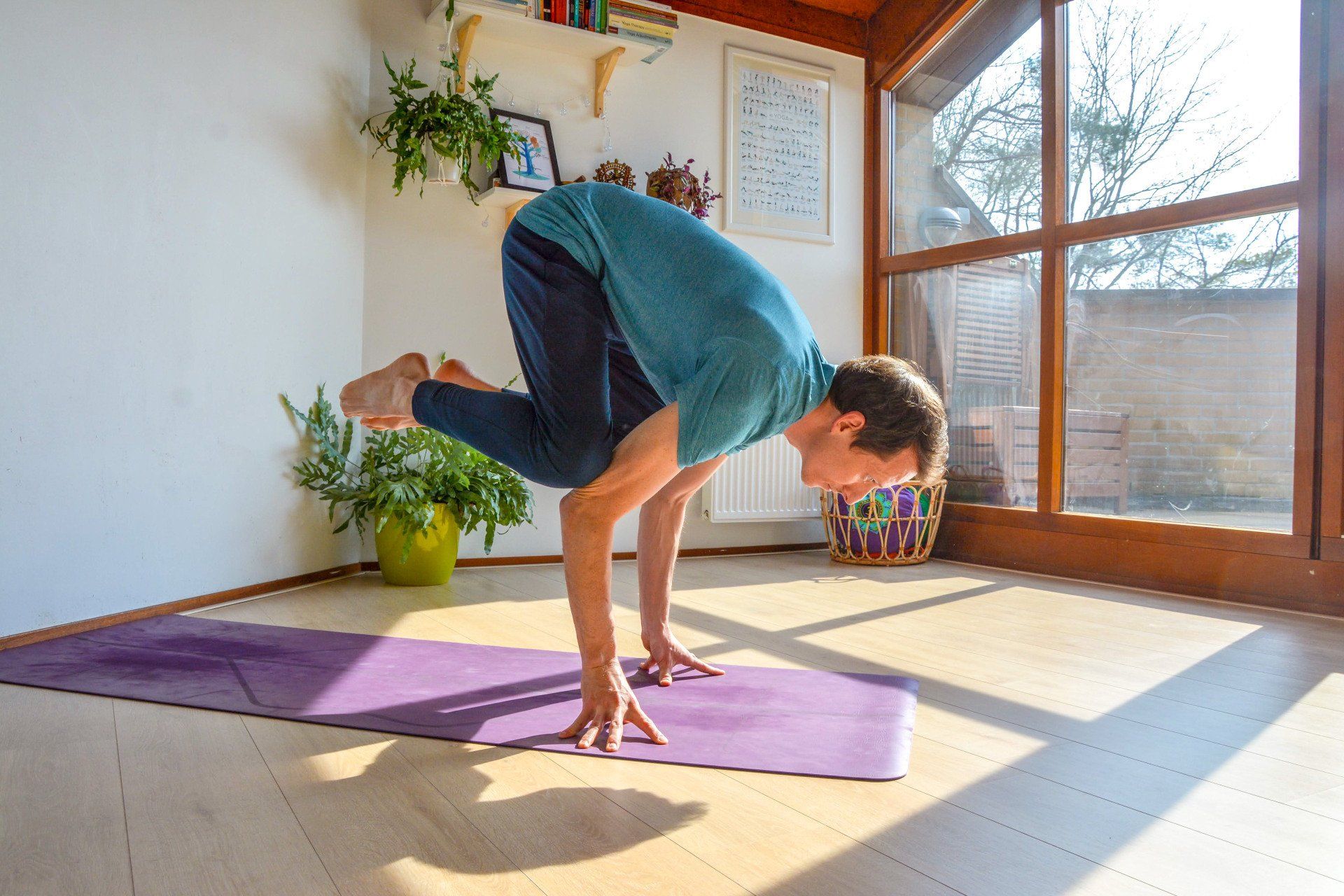Yoga for BJJ ( Brazilian jiu jitsu )
Yoga for BJJ is a great addition for your training
So Why yoga for BJJ ?
When it comes to BJJ, physical and mental strength, flexibility and balance are the core aspects. Flexibility and balance are often the two that catch people out, as you can be a great fighter but your ability is restricted when it comes to particular things such as rubber guard.
Strength is all well and good, but you can’t always out-muscle your opponent, if you lack in other areas. You need a good amount of strength, balance and flexibility to be able to beat your opponents. Yoga is good for BJJ because it forces you to hold a certain posture/position for an extended amount of time, building not only balance but muscle endurance also. For BJJ practitioners wanting to increase flexibility the way to go is yoga, as I find that flexibility is what limits most grapplers.
Yoga is known as a more spiritual form of movement, but it’s great in lots of ways. Yoga also helps with better breath control and physical awareness as you tune in your breathing with your mind, body, and soul, ensuring everything is in sync – making you in full control. This control is useful when it comes to BJJ as you can remain more focused and relaxed when in a seemingly stressful situation.
Breath control also helps you to ration out your breathing during rolling. Instead of going hot at it in the first minute and burning yourself out, you learn to manage your breathing equally throughout the round, creating greater focus and control as a result. To be good at BJJ you need to ensure that your whole body works well together, as physical imbalances between limbs can make it much harder to hold on to locks, chokes, and other crucial techniques. Yoga works on both sides of the body, so even if you avoid using your weaker side in BJJ class, yoga will ensure your weaker side subconsciously gets stronger. Physical imbalances are much more common than you think.
A typical misconception of both yoga and BJJ is age. Yoga poses do require flexibility. Therefore, during your first yoga class you probably won’t be able to touch your toes, but if you stick with it, you’ll notice a gradual improvement, and eventually difficult poses will soon become possible. Yoga enables you to hold a certain position and endure the pain without losing concentration – and that can help any fighter. Most yoga poses are controlled from the core, therefore delivering great relief for the back (something a lot of BJJ fighters struggle with). Strengthening your core and abdominal area is essential if you want to keep your back safe during training.
